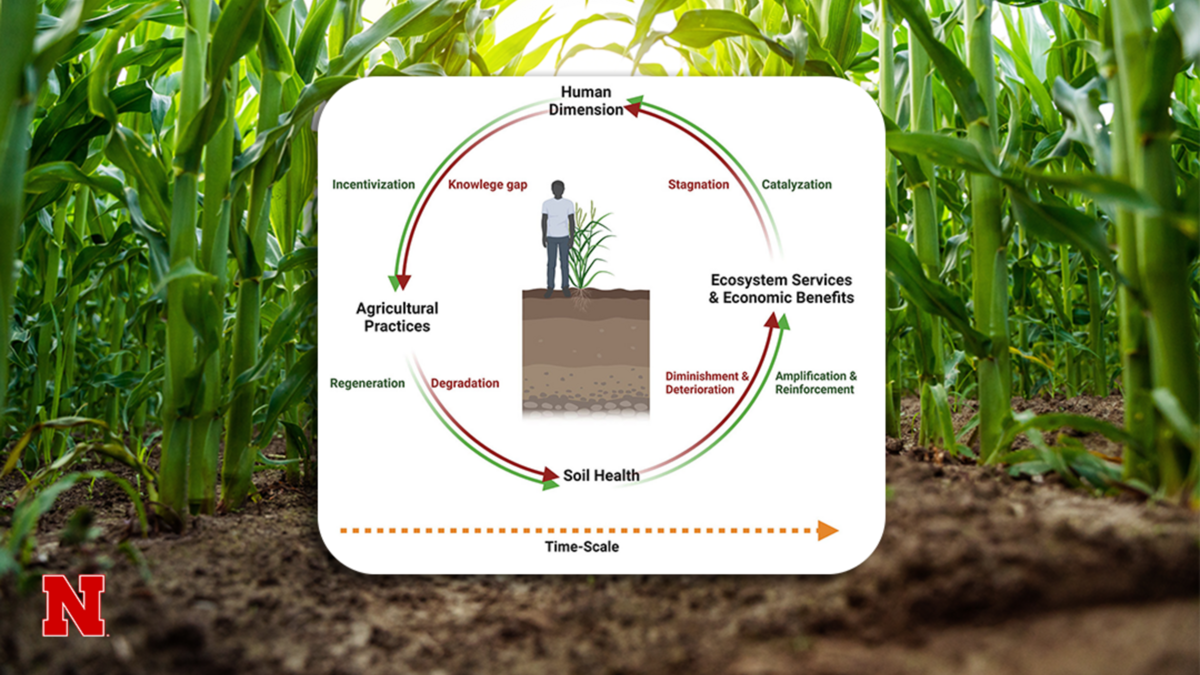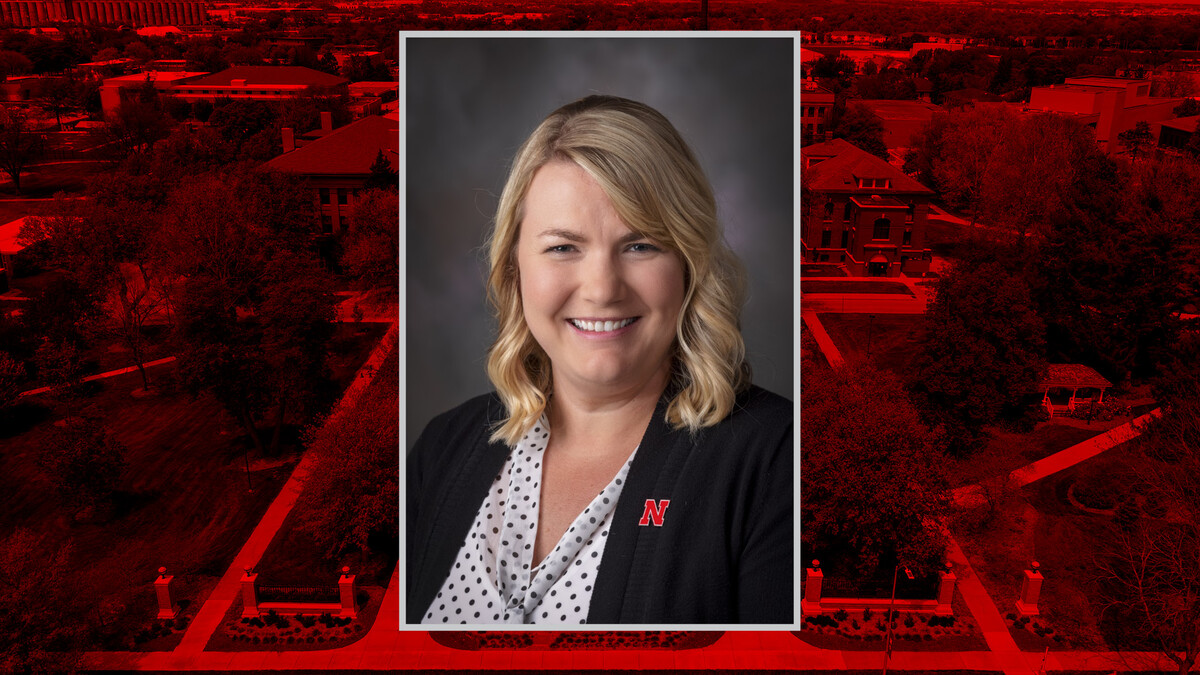
In my work with agricultural families, I’m seeing a growing and difficult reality: many farms and ranches today don’t have a successor within the family. While this absence can simplify parts of estate planning, it often creates deeper, more emotional challenges, especially when legacy and identity are tied to the land.
This article is the fifth in a series supporting farm and ranch owners facing this transition. If you're just joining, I recommend reading the earlier pieces for a valuable background. You can find them at cap.unl.edu.
In an earlier article, I posed a tough but essential question: What do I want to happen to my farm or ranch when I die? The related, and often revealing, question is: What outcomes are unacceptable to you? The answers often revolve around seven common concerns that strongly influence your succession planning.
- Retirement Planning - Many producers plan to work for life, but health issues often force retirement. Yet, according to USDA, only 40 percent of eligible operations contribute to retirement accounts. Having a livable income when you are no longer able to work may depend on selling or leasing farm and ranch assets or working an off-farm job.
- Long-Term Care – Because of the high costs, planning for long-term care is critical. Long-term care averages $10,000 per month for 2–3 years. Funding options include insurance, self-pay, or qualifying for Medicaid. But Medicaid eligibility has strict rules, and rural facility options can be limited. Medicaid has a five-year lookback period. In other words, assets gifted or sold within five years of needing care may count against Medicaid eligibility.
- Capital Gains Tax - Selling appreciated assets, like land, during your lifetime can trigger significant capital gains taxes. One way to avoid this is by passing assets at death, which allows for a step-up in basis and may reduce tax liability. Learn more at go.unl.edu/amcu
- Depreciation Recapture – An often overlooked issue when selling depreciated assets like equipment, is depreciation recapture. This tax that is incurred when the sale price of an asset exceeds it’s tax basis. Sale proceeds are taxed as ordinary income.
- Probate – Probate is the legal process of re-titling assets that pass through your will. It can be costly, slow, and public. Ways to avoid probate include using tools like life-estate deeds, trusts, payable on death and transfer on death designations. While some seek to avoid probate, in Nebraska, estate details still become public due to the state’s inheritance tax.
- Federal Estate Tax – In 2025, estates over $13.99 million are taxed at 40%. While many estates are currently estimated to fall below this threshold, the threshold may change in the future. This tax also has a lookback period, assets gifted within three years of death may still be taxed. Strategies to reduce estate size include unlimited gifts to a spouse who is a US citizen, annual exclusion gifts ($19,000 per recipient in 2025), and paying qualified medical or educational expenses directly to an institution.
- Nebraska Inheritance Tax - Nebraska is one of six states with an inheritance tax. Rates depend on the size of the inheritance and the heir's relationship to the deceased. It is extremely difficult to avoid the Nebraska Inheritance Tax. Learn more at go.unl.edu/v2tf
When creating your succession plan, it’s also important to consider personal concerns, such as a spouse remarrying, heirs with disabilities, addiction issues, divorce risk, or financial instability. These factors are often overlooked in standard plans, yet they can significantly impact the tools chosen to achieve your estate and transition planning goals.
There is no single estate or transition plan that will fully eliminate these concerns. Each situation is unique, and the strategies you choose will require careful consideration of both the financial implications and personal impact. When you meet with your team of advisors, identify the possible concerns and explicitly discuss strategies to mitigate these risks. As you explore your options, weigh the costs and benefits of each approach in the context of your specific goals. The best plan is the one that fits your goals and circumstances, even if it requires tough trade-offs.







